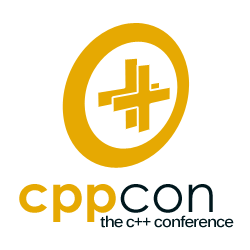ACCU - Trip Report--Ori Ben-Shir
Another one.
by Ori Ben-Shir
From the article:
I was attending this year ACCU conference, and I am very eager to share my impression of the conference. ACCU is an annual conference located in the lovely city of Bristol. The conference is mostly dedicated to C++ developer. While C++ developers are in mind, the conference is not limited to C++ material, and it includes talks for various topics and even some other programming languages. Yes, there was a Rust talk and even a workshop this year.
It was the first time I have attended a big conference. And I must admit it was a great pleasure! I’m in love with the concept of technical talks. I find it to be the most effective learning method for me. The opportunity to meet a lot of tech enthusiastic is both fun and enriching. Wrapping it all with a vacation for such a lovely city such as Bristol is immensely satisfying. If you have the opportunity, I encourage you to attend this conference next year. I also think the organizers did a great job. I genuinely like the extra social session. The pub quiz, for instance, was perfect, though some of the code samples from it were as far from perfect as possible.I have a lot to say about the content itself. I tend to believe I have more to say than you want to read. So let’s focus on some of the talks I think are more relevant...

 Get with the program!
Get with the program!